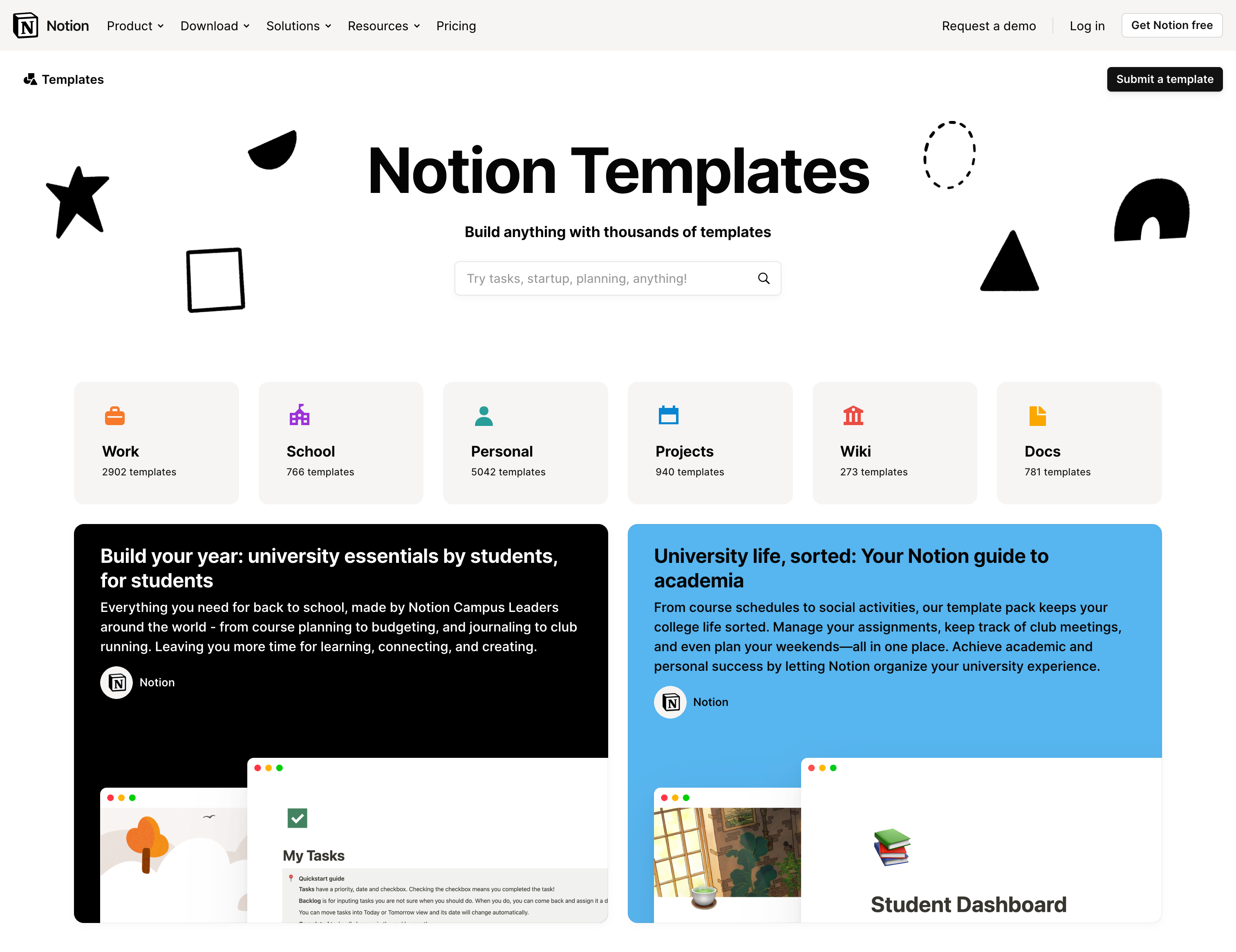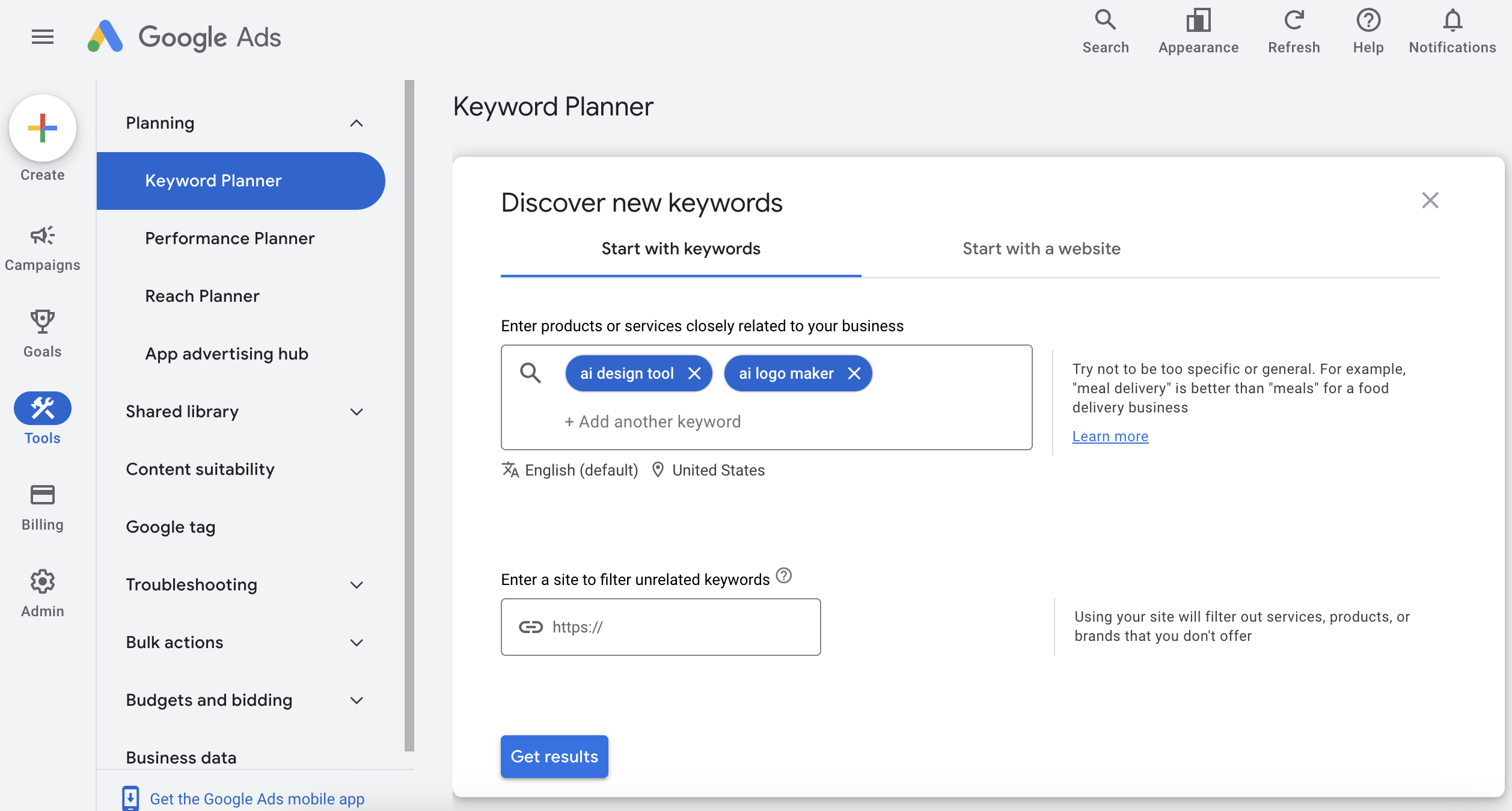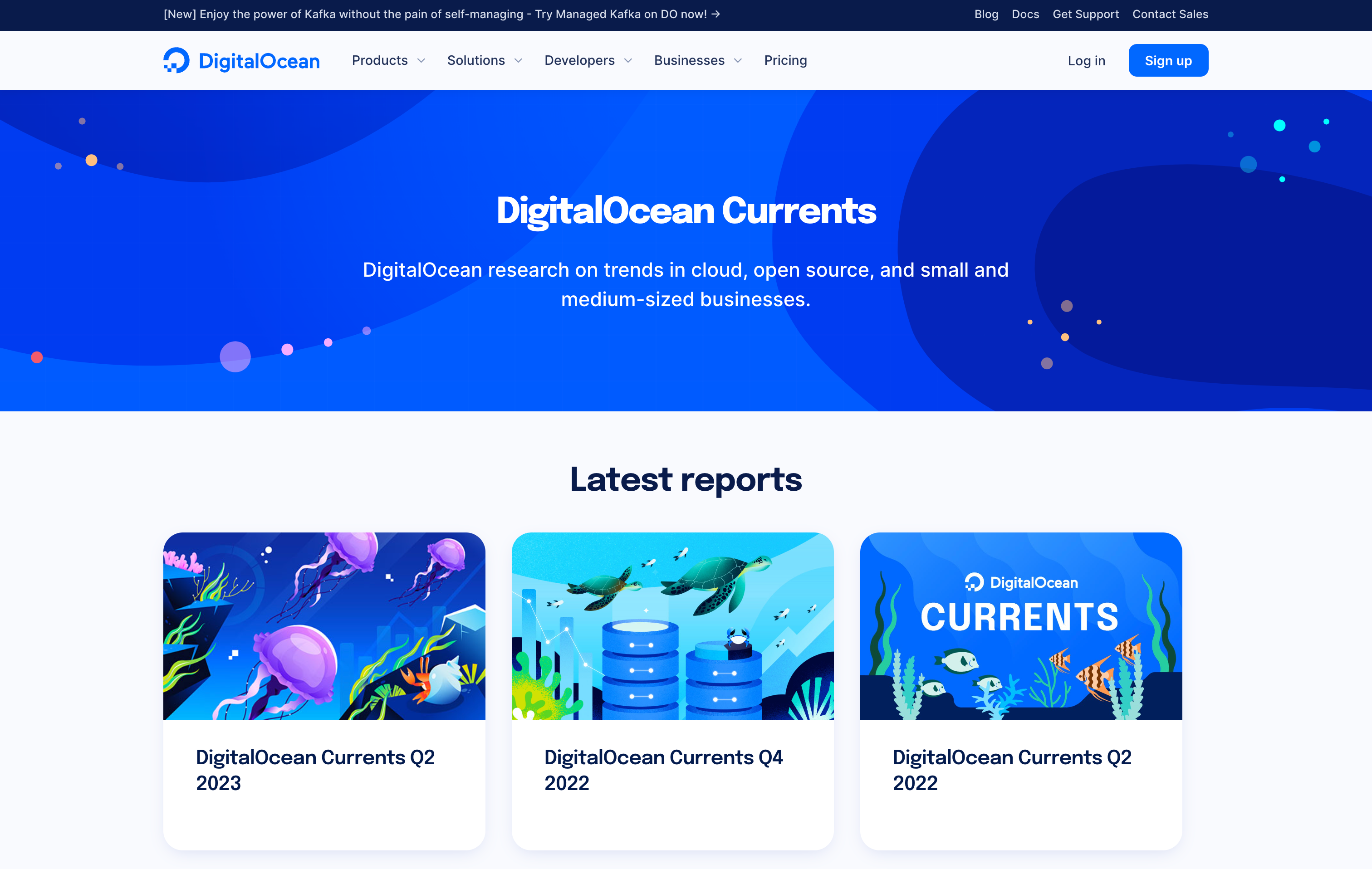article
The Complete Guide to Content Marketing for Startups

When you’re at the helm of a startup, each decision you make carries weight, especially when resources are scant. Traditional marketing methods like paid advertising can devour budgets quickly, often without the sustained impact you might hope for. That’s where content marketing can be an effective strategy for growth.
Unlike its more costly counterparts, content marketing doesn’t demand an exorbitant upfront financial commitment. Yes, you’ll need to invest in quality content development—strong writers, great design, technical SEO support—but these initial expenditures mature into evergreen assets that continue to engage your audience far beyond their publish date.
This article will discuss how to unleash the full potential of content marketing for your startup.
What is content marketing?
Content marketing is the practice of creating and sharing valuable, relevant content to attract, engage, and ultimately convert a target audience into customers. Unlike traditional marketing, which often relies on direct promotion, content marketing provides genuine value to consumers through informative or entertaining content.
This approach fosters a deeper relationship with the audience but also builds trust and authority, factors that are instrumental in driving revenue over the long term. The goal is to move beyond mere transactions and create a customer base that is loyal and engaged, increasing the lifetime value of each customer.
Examples of content marketing in action
In the crowded tech space, innovative content marketing strategies can set a company apart and foster meaningful connections with audiences. While content marketing is often seen as synonymous as corporate blogging, this marketing approach can take on a variety of mediums.
Here are three examples of companies that have successfully leveraged content marketing to build trust, engage users, and drive business growth:
Buffer’s State of Remote Work reports
Buffer, a social media management tool company that operates remotely, has gained considerable attention through its annual State of Remote Work survey and report. This data-driven content is regularly covered in the press and positions Buffer as an expert on remote work. This sets them apart in the crowded SaaS market, driving interest in both their company and technology offerings.

Notion’s template gallery
Notion, the organization and productivity software, features a community-led template gallery where users can share and find Notion setups for various tasks and industries. By curating this user-generated content, Notion offers immediate value to potential and existing customers, showcasing the platform’s versatility. This allows them to acquire new users and increase user engagement.

Loom’s educational video content
Loom, a video messaging tool, creates an educational video content series focusing on using video to enhance communication. These resources don’t just explain how to use Loom’s tool; they also provide broader value by tackling common challenges at work. This positions Loom as a thought leader in the space, encouraging sign-ups and active usage of their platform.

Why should startups invest in content marketing?
For startups looking to make a significant impact on a budget, content marketing offers invaluable advantages. Here are five reasons to invest in a content marketing strategy:
- Build brand awareness: Crafting high-quality pieces of content helps establish brand recognition and trust, reducing the need for expensive paid advertising.
- Boost organic traffic: Optimizing for search engines increases your startup’s online visibility. A well-crafted blog post can generate organic traffic for the long term.
- Educate and engage your audience: Creating valuable blog posts or social media content not only solves problems for your target audience but also positions your startup as an industry authority.
- Maximize budget efficiency: Investing in a content marketing strategy is often more cost-effective than traditional methods, offering long-term benefits on a modest budget.
- Improve customer retention: High-quality content can turn one-time buyers into repeat customers. Through methods like email marketing and targeted social media posts, you can keep your audience engaged and more likely to return.
Five content marketing mistakes to avoid
Navigating the complex landscape of content marketing can be daunting for startups, especially when resources are limited. However, by steering clear of these common mistakes, startups can optimize their content marketing strategy for more impactful results.
1. Failing to get buy-in from stakeholders
Lack of stakeholder buy-in can derail content marketing efforts before they even begin. Educate stakeholders about the long-term nature of content marketing, the resources you’ll require to succeed, and that meaningful results won’t happen overnight. Make sure everyone is aligned to execute a successful content marketing strategy.
2. Neglecting to measure your results
Content marketing isn’t just about creating content; it’s about understanding its impact. Key metrics like organic traffic, engagement rates, and conversion should be monitored. Report these metrics to stakeholders on a monthly basis at a minimum to keep everyone informed and make data-driven decisions.
3. Not aligning content marketing with business objectives
Every piece of content should serve a specific business goal, be it building brand awareness or driving organic traffic. Failing to align your content strategy with your startup’s business objectives can lead to wasted resources. Ensure your content marketing efforts are tightly integrated with your overall marketing strategy.
4. Ignoring customer needs and preferences
Content should be tailored to meet the specific needs and preferences of your target audience. Focusing solely on your own agenda without considering the customer can lead to low engagement rates. Conduct regular surveys or monitor social media metrics to gauge what your audience is looking for.
5. Overlooking content distribution and promotion strategies
Quality content is only part of the equation. If you neglect to promote your content across appropriate platforms, your hard work may go unnoticed. Develop a robust distribution and promotion strategy to maximize the reach and impact of your content marketing efforts.
11 steps to create your startup content marketing strategy
Creating an effective content marketing strategy is crucial for startups aiming for growth through content development. Here are 11 essential steps to shape your startup’s content marketing efforts:
1. Set and communicate your goals
The foundation of an effective content marketing strategy for startups begins with clearly articulated goals. First, identify what you aim to achieve—whether it’s increasing organic traffic, lead generation, or elevating brand awareness.
Once set, these goals should be SMART (Specific, Measurable, Achievable, Relevant, Time-bound) to ensure they are actionable and measurable. Communication is also key; make sure to share these objectives with your content marketing team, stakeholders, and any external partners to ensure everyone is aligned. Whether you’re conducting a daily stand-up or a monthly all-hands, your goals should be a North Star your team consistently references.
2. Define your target audience
Understanding your target audience is a critical element in shaping your content marketing strategy. Start by creating buyer personas that outline key demographics, pain points, and motivations. Conduct user interviews—or listen to existing ones—to guide your persona development process. Use data analytics tools like Google Analytics to gather insights about your website visitors and supplement these findings with customer surveys for a comprehensive view.
For example, if you’re a SaaS startup targeting small businesses, your primary audience might consist of small business owners looking for cost-effective software solutions. Make sure to disseminate this information across your marketing team and content creators, so that the content you create is consistently tailored to meet the needs and interests of this audience.
3. Analyze your competitors’ content
An essential step in crafting your content marketing for startups is scrutinizing what your competitors are doing. Employ tools like BuzzSumo or SEMrush to analyze the types of content that are gaining traction in your industry. Pay attention to factors such as content length, format, and the keywords they’re targeting.
This will not only show you what you’re up against but also reveal gaps in the market that you can fill. Use this information to inform your own content strategy, ensuring that you can differentiate your brand and offer something unique or of higher quality.

4. Complete topic and keyword research
Identifying the right topics and keywords is crucial for your startup’s content marketing strategy. Use keyword research tools like Google Keyword Planner or Ahrefs to discover keywords that are relevant to your product or service and have a high search volume. Compile a list of primary and secondary keywords along with potential topics, and make sure your marketing team integrates them into the content creation process. This will not only enhance your content’s relevance but also improve its search engine rankings, driving organic traffic to your site.
Additionally, explore subreddits, Discord servers, forums, and social media groups, where your target audience hangs out to gauge what topics they are discussing or asking questions about.

5. Select your content mediums
Choosing the right medium is key to effective content marketing for startups. The medium should align with both your target audience’s preferences and your content marketing strategy.
Here are a few formats to consider:
- Articles: Articles are excellent for SEO and providing in-depth information. Make sure they’re well-researched, original, and aligned with your keyword strategy.
- White papers: These are detailed reports that can establish your startup as a thought leader in the industry. These are Ideal for B2B startups looking to influence decision-makers.
- Emails: Email marketing for startups offers a direct line to your customers. Use emails for product announcements, newsletters, and customer engagement.
- Videos: Videos are engaging and can explain complex topics simply. They’re excellent for social media and can boost your organic search results when optimized correctly on YouTube.
- Podcasts: Podcasts allow you to reach a different segment of your audience. They can position your startup as an industry leader and build brand awareness.
- Infographics: Infographics can condense complex data into an easy-to-understand format. They’re highly shareable and good for building backlinks.
- Templates: Offering templates, like budget sheets or planning documents, can provide immediate value to your audience. They’re also excellent for lead generation when gated behind a form.
- Quizzes and assessments: These interactive formats can engage your audience and can also be used for gathering data on customer preferences.
- Webinars: Webinars allow you to interact with your audience in real-time, offering immediate value and the opportunity for audience engagement.
6. Choose your content types
Selecting the types of content to produce is crucial in crafting a successful content marketing strategy for startups. Each type serves a different purpose and appeals to varied segments of your target audience.
Here are a few content types to consider:
- SEO content: This type of content is designed to rank well in search engines. It’s critical for driving organic traffic to your startup’s website.
- Thought leadership: This content aims to position your startup as an expert in the field. It’s often in-depth and tackles industry challenges or trends.
- Data survey reports: These offer original research and insights. For example, DigitalOcean’s bi-annual Currents report surveys respondents in the tech industry, providing valuable data on everything from the rise of AI at work to cybersecurity threats.
- Sales enablement: This content type supports your sales team by providing resources that help move prospects through the sales funnel. These can be case studies, product sheets, or FAQs.

Remember, it doesn’t need to be one or the other. Many successful content marketing strategies include a blend of content types, each targeted towards different objectives.
7. Develop a distribution plan
Distribution shouldn’t be an afterthought in your content marketing strategy. Before even creating a piece of content, consider how and where it will be distributed to maximize its impact. A well-thought-out distribution plan not only ensures your content reaches its target audience but also influences the kind of content you create.
Here are a few distribution channels to include in your strategy:
- Email newsletter: An email newsletter is a direct channel to your audience. Use it to update subscribers on new content, offers, and other news relevant to your startup.
- Social media: Platforms like Twitter, LinkedIn, and Facebook are excellent for sharing content and engaging with your community. Step out of your comfort zone and consider content repurposing and distribution on platforms like Reddit and TikTok, too. Tailor the message for each platform to increase reach and engagement.
- PR outreach: Leverage press and media contacts to get coverage for significant content pieces, such as research reports or product launches. A startup PR strategy can amplify your message and attract a broader audience.
- Online communities: Participate in relevant online forums and communities where your target audience hangs out. Share valuable content on specific subreddits, Slack groups, and Discord servers to establish your brand as an authority.
8. Build your content marketing tech stack
A robust tech stack is crucial for executing a content marketing strategy, especially for startups with limited resources. Picking the right tools can automate repetitive tasks, streamline your workflow, and yield better results. Also, consider experimenting with AI business tools to supercharge your content development efforts.
Here are a few popular tools to include in your content marketing tech stack:
- Content management systems: Popular choices include WordPress, Squarespace, Wix, Drupal, and Webflow.
- Writing and editing: Tools like Grammarly, Hemingway App, ChatGPT, Claude 2, Jasper, and Google Docs can help in the writing and editing process.
- SEO and keyword research: Consider tools such as Ahrefs, SEMrush, Moz, Surfer, and Google Keyword Planner.
- Content distribution: Tools like Buffer, Hootsuite, CoSchedule, Sprout Social, and Sendinblue can manage your social media posts and other content distribution.
- Graphic design tools: Platforms such as Canva, Adobe Photoshop, Sketch, Figma, and Midjourney can be used for creating high-quality visual content.
- Content calendar: Options include Trello, Asana, Airtable, ClickUp, and Notion for planning and tracking your content.
9. Execute your content strategy
Executing your content marketing strategy effectively requires a harmonious blend of the right people, planning, and platforms. Start by assembling your content creation team. Whether you opt for freelancers for their flexibility and specialized skills, a full-service agency for a one-stop-shop solution, or an in-house team for consistent brand messaging, make sure everyone is aligned with your startup’s content marketing goals and brand voice.
Once your team is in place, build out a detailed content calendar. This will help you schedule various pieces of content, manage deadlines, and ensure that you’re consistently publishing across different channels like blog posts, social media, and email marketing.
10. Measure your results
To ensure your content marketing strategy is effective, regularly measuring key performance indicators (KPIs) is essential.
Here are several metrics to track and report on:
- Website traffic: Measures the number of visits to your content, serving as a preliminary indicator of its effectiveness.
- Time spent on page: Indicates the level of engagement and relevance of your content to the audience.
- Conversion rate: Quantifies how many readers took a desired action, like signing up for a newsletter or making a purchase, after engaging with your content.
- Social shares: Tracks how often your content is shared on social media channels, giving insights into its virality and audience approval.
- Bounce rate: Measures the percentage of visitors who navigate away after viewing only one page, which can hint at a disconnect between your content and your audience’s expectations.
- SEO rankings: Keeps tabs on how well your content performs in search engine results for specific keywords, which can significantly affect your organic traffic.
- Return on investment (ROI): Calculates the profitability of your content marketing efforts by comparing the revenue generated against the costs incurred.
By closely monitoring these metrics, you can fine-tune your content marketing for startups to achieve better results.
11. Iterate on your content strategy
Continual refinement is the key to a successful content marketing strategy, especially for startups operating in dynamic business environments. After measuring your results, analyze what’s working and what isn’t, then make data-driven adjustments. Don’t hesitate to tweak your target audience parameters or pivot the types of content you’re producing.
For example, if video content is generating more engagement than blog posts, allocate more resources to video production. Regularly scheduled reviews, perhaps on a quarterly basis, can help ensure your strategy stays aligned with your business objectives and audience needs.
With these tactical steps, you’ll be well on your way to executing a successful content marketing strategy for your startup.
Build Your Company with DigitalOcean
At DigitalOcean, we understand the unique needs and challenges of startups and small-to-midsize businesses. Experience our simple, predictable pricing and developer-friendly cloud computing tools like Droplets, Kubernetes, and App Platform.
Start building today
Sign up now and you'll be up and running on DigitalOcean in just minutes.